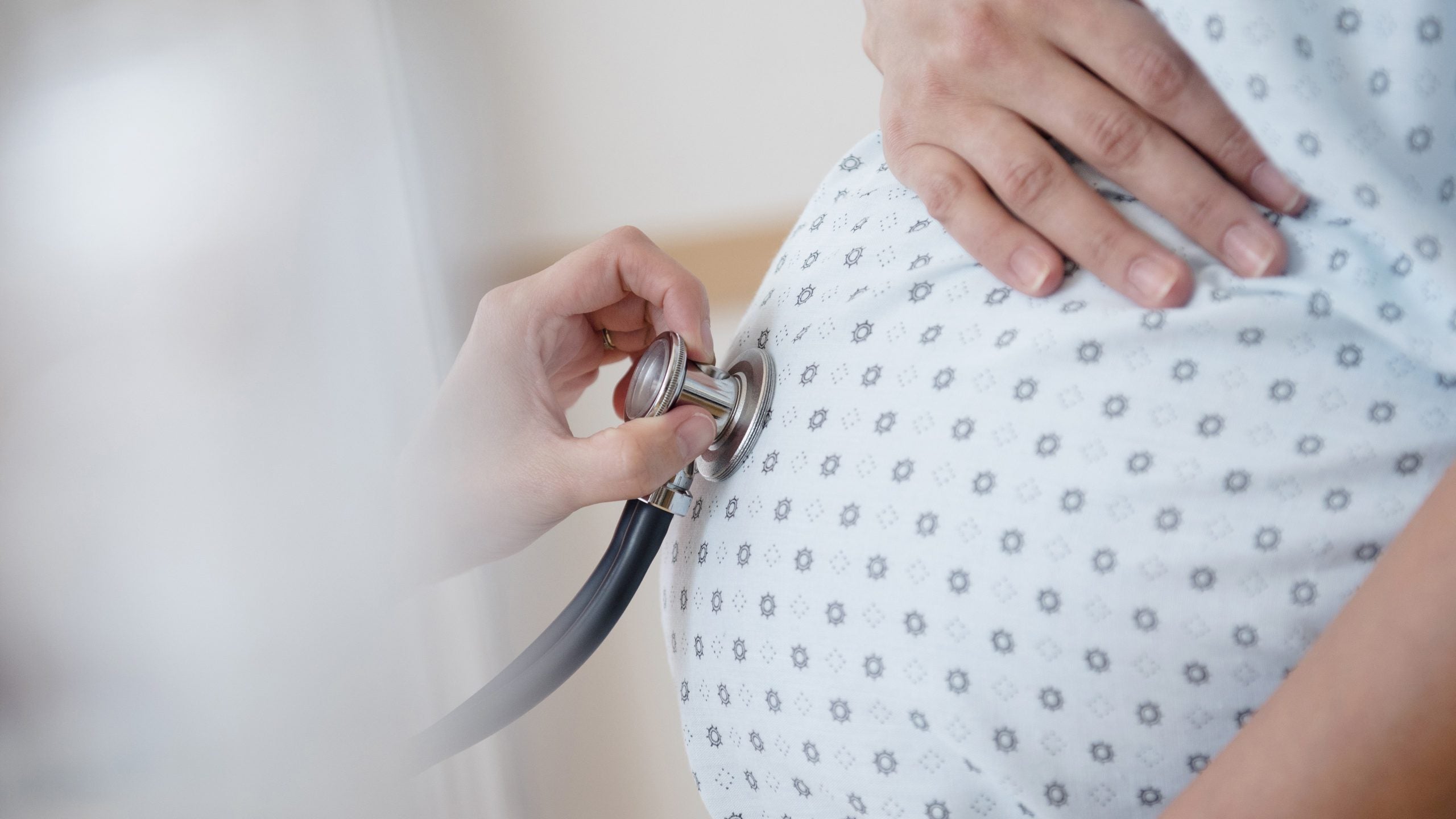
Organon has published the results of a real-world study, which used the JADA system to treat abnormal postpartum uterine bleeding and postpartum haemorrhage (PPH).
The results from the post-market registry RUBY (NCT04995887) were published in Obstetrics & Gynecology – a peer-reviewed journal for the American College of Obstetrics and Gynecology.

Discover B2B Marketing That Performs
Combine business intelligence and editorial excellence to reach engaged professionals across 36 leading media platforms.
PPH is heavy bleeding after giving birth and can occur up to 12 weeks after having a baby. As per the World Health Organisation (WHO), more than 14 million women experience PPH annually, with 70,000 cases resulting in maternal death.
The JADA system uses low-level vacuum technology to encourage contraction and control uterine bleeding. It was first approved by the US Food and Drug Administration (FDA) in 2020. Organon obtained the rights to the JADA system when it acquired Alydia Health in 2021.
“Appropriate management of abnormal postpartum uterine bleeding is critical to minimise the potential clinical consequences of PPH and its associated severe maternal morbidities, such as the need for blood transfusions, ICU admission or hysterectomy,” said the study’s lead author Dena Goffman.
“The new study, which included a larger population than the pivotal trial, showed how the device is being used outside of a controlled clinical trial environment. The results indicate that the intrauterine vacuum-induced haemorrhage control device is an important tool for PPH management.”

US Tariffs are shifting - will you react or anticipate?
Don’t let policy changes catch you off guard. Stay proactive with real-time data and expert analysis.
By GlobalDataAnother device being developed for PPH management is Baymatob’s wearable AI-guided labour monitoring device, Oli. The FDA breakthrough device identifies people at high risk of developing PPH before delivery.
Real-world data
The data was collected from 800 patients between October 2020 and March 2022 as part of an observational, post-market registry chart review.
The JADA device had a treatment success rate of 92.5% and 83.7% in vaginal and caesarean births, respectively, regardless of the cause of abnormal bleeding. Treatment success was defined as the control of bleeding after device insertion with no need for treatment escalation or non-recurrence of bleeding.
The time to bleeding control was within five minutes in 73.8% of vaginal births and 62.2% in caesarean births, with 45.6% and 34.4% of vaginal and caesarean births, respectively, showing a bleeding control time of under one minute.
Organon medical affairs director Patricia Carney said: “While severe maternal morbidities occurred even at lower levels of blood loss in this study, higher rates of morbidity were associated with higher levels of blood loss prior to JADA treatment in conjunction with other interventions that may have been used.”





